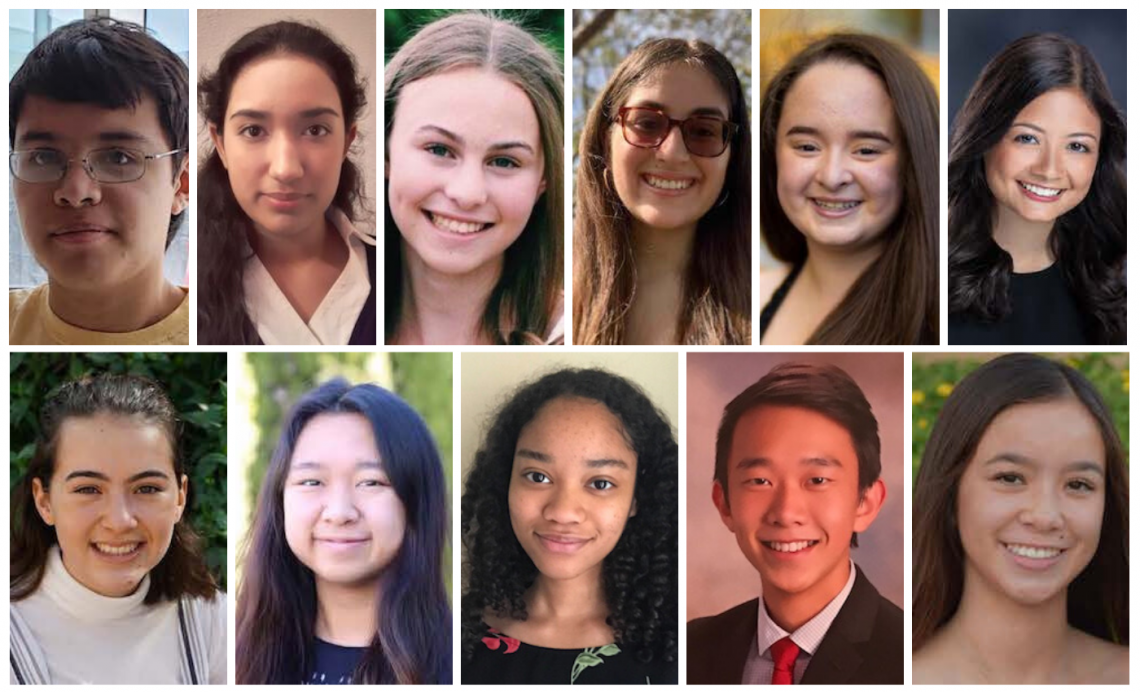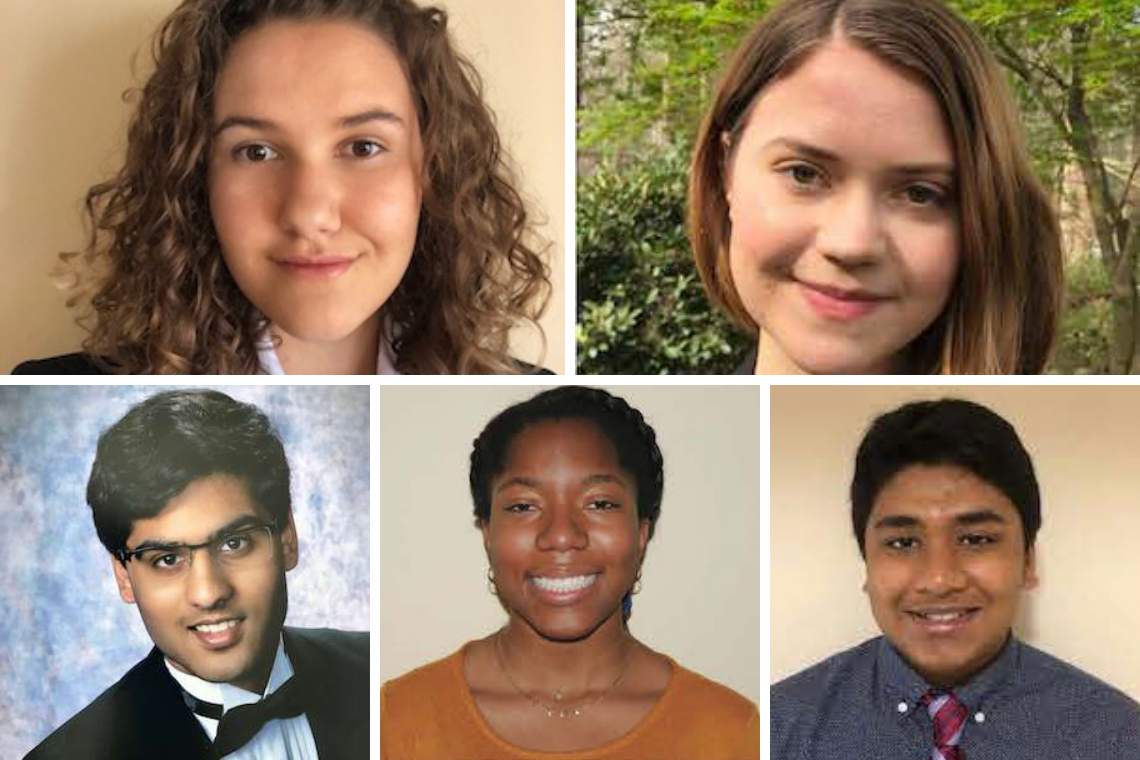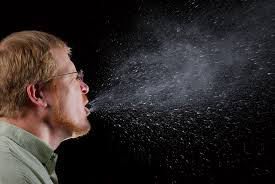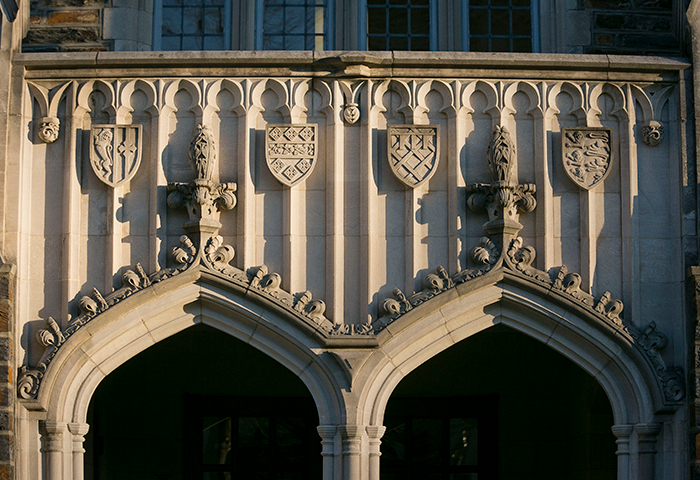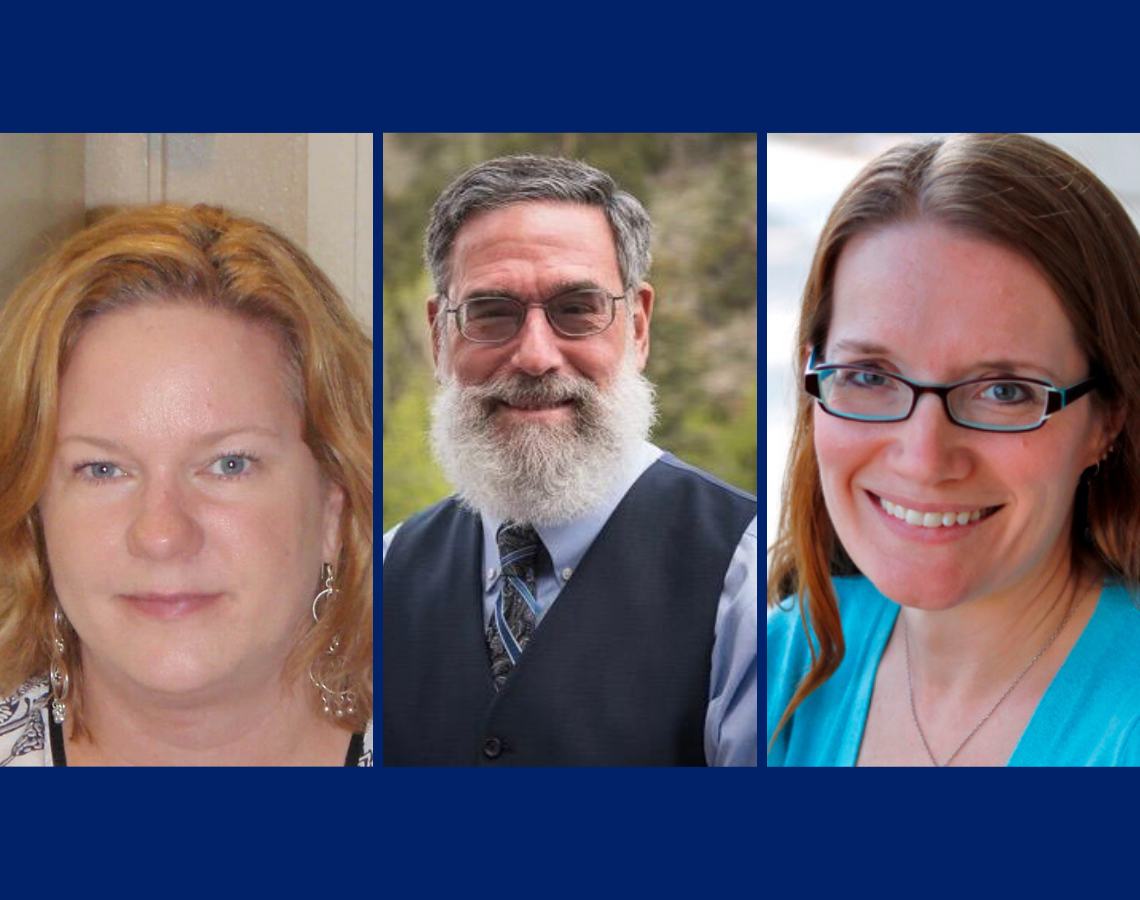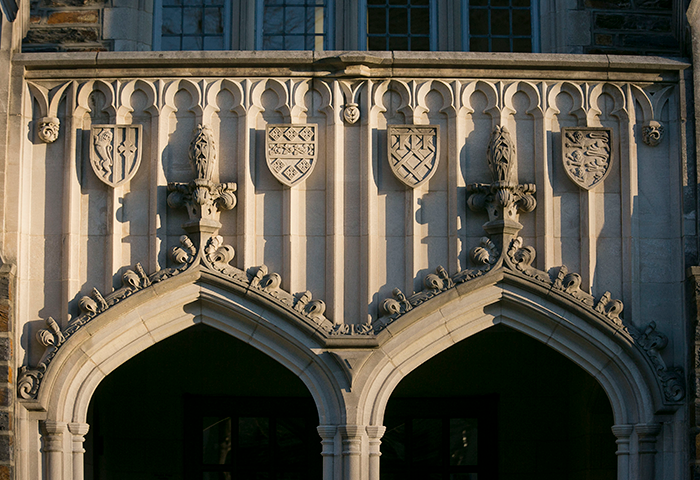Coronavirus is riding roughshod over American secondary education, creating myriad new problems for educators ranging from the basic logistics of classroom teaching to the challenge of helping children deal with a weighty new wave of confusion and anxiety. But this global pandemic may also present an opportunity for education leaders to substantially re-think long-held education practices that could use some improvement, three Duke experts said Wednesday.
In a virtual question-and-answer session with journalists, three Duke education scholars discussed these and other issues.
Audio and video are available here: https://duke.box.com/s/myeqk3coutjchq5x2uv7mkpw3977vdlk
Here are excerpts:
ON THE CHALLENGES OF ONLINE LEARNING RIGHT NOW
Kristen Stephens, education professor:
“It should be called ‘pandemic learning’ rather than ‘online learning.’ When you transition to online learning, typically it’s very well thought out and you have time to plan. In this case, in the period of one or two weeks, teachers took everything that used to be face-to-face in the classroom and took it online. It’s been challenging for them but they’ve risen to the occasion out of to their care for their students.”
“Nothing really substitutes for the face-to-face instruction.
“They’re also dealing … with financial concerns. With state budget cuts, inevitably there’s probably going to be some reduction in workforce in the future for teachers. Not to mention that many teachers rely on second and third jobs to make ends meet. It’s going to be hard for them to make up that lost income over the summer because there aren’t going to be the positions there have been in the past for them.”
Harris Cooper, psychology and neuroscience professor:
“My research suggests that (online is) not going to work as well as classroom teaching and that it’s going to be very different for different students, especially related to family economics and their family background.”
“All kids lose learning over the summer. They all lose math. When it comes to reading skills, middle-class kids tend to hold their own and lower economic children tend to lose some reading ability as well.”
“There are some things that can be taught online, and done so effectively, and there are other things that kids need to meet and work together. Imagine lab classes … that can’t possibly be done online, or where discussion groups are a very important part. Kids can get together in (virtual) discussion groups, but it’s not the same thing.”
ON THE RESOURCE GAP, AND HOW POORER KIDS SUFFER
Cooper:
“The online learning is going to be differentially effective for children with different economic backgrounds. Lots of schools … are sending laptops and tablets home with kids who don’t have them. But the resources in the home, the ability in the home to support online learning, is going to be very different. The most dramatic case — think about a child who comes from a family of limited means, whose parents don’t even speak English at home. Their experience with online learning is going to be very different from a student with a desktop and a 40-inch screen and a very well-resourced desk and a parent hovering around to come in and help when needed.
“The impact of the long summer break, and the even longer pandemic break, is going to make even more dramatic the impact of the economic gap based on ethnicity and social class.”
ON THE STRUGGLES TEACHERS FACE
Stephens:
“The biggest issue is having the infrastructure and to consider the inequities that exist across our state, and access to technology. We even have teachers who live in locales that don’t have reliable internet, and are driving to their school parking lots and having class from the inside of their cars so they can access reliable Internet.”
“We just need to be aware there are other elements that are probably bigger than giving teachers professional development on how to deliver online instruction effectively that have more of an impact.”
ON EMOTIONAL CHALLENGES FOR KIDS – AND ADULTS
Katie Rosanbalm, research scientist:
“Kids look to adults for cues about whether there’s reason to be worried, to be anxious, whether there’s danger in the environment. We’re all stressed right now, we’re all worried and anxious, and kids are soaking that all up.
“They’re losing their routine and their structure to the day. They’re losing their connection with friends and teachers and all these wonderful things they’ve looked forward to all school year or maybe for years. Things like sports and field trips and concerts and performances. So there’s a lot of emotion going on for kids right now.
“The things parents can do first and foremost is take care of yourselves. The more you can practice calming down and keeping yourself in a good place, the more that will rub off on your children. Practice taking deep breaths together.
“Build as much routine and structure into the day as you possibly can so the kids have some predictability and consistency. Keep them moving and active. Find ways you can have fun together. Play together. Laugh together. Connect virtually with people you love and keep those relationships going.”
ON HOW THE PANDEMIC IS UPENDING PRE-K EDUCATION
Rosanbalm:
“There are a lot of kids at home right now who are not having access to early opportunities to learn to share, to learn to sit in circle time and keep their hands to themselves and follow directions and learn their ABCs.
“That lack of access is going to mean our youngest kids are going to be less ready for kindergarten when the time comes, if this continues. Those early years really lay the foundation for all of that knowledge that will come. They’ll be starting at a disadvantage and not having those social-emotional skills and those early academic skills.”
HERE’S A BOLD SCHOOL CALENDAR IDEA
Cooper:
“Instead of worrying about getting kids back to school in June or July, especially for kids on the traditional calendar, why not take the end of August start date, move it up a month, and actually have kids start school in the grade they were in when school shut down? And then let them continue for four weeks or whatever, give teachers an opportunity to see where the kids are … and then at some point, let’s say a month after school starts, have kids transition to their new grade.
“Doing something like that, what we do is take a lot of pressure off parents and a lot of pressure off teachers to reinvent instruction under the shadow or the cloud of some very serious circumstances.”
CAN SCHOOLS PRACTICE SOCIAL DISTANCING IN CLASSROOMS?
Stephens:
“If schools are to return to session, it’s safe to say it won’t look like it’s looked in the past. It’ll be very different.
“If students have to maintain the six feet social distancing guidelines, what will that mean in terms of how many students will fit in a classroom? The class size in terms of students are rather large, and some of these classrooms are relatively small.
“If you were to distance six feet apart, you could only possibly have nine to 10 students in a class at a time. So there would have to be an on and off day, a rotation of some sort. Maybe there are Monday/Wednesday students and Tuesday/Thursday students.
“It becomes particularly more difficult when you’re looking at little ones, kindergarten and first grade, to monitor that social distancing throughout the day.”
Rosanbalm:
“Social distancing isn’t something that small children are going to be able to do. They’re not going to understand it; they’re not going to get it. Childcare centers have been grappling with this already and what they’ve basically come to is that we can’t keep kids socially distant. What we can do is limit the number of kids in a group together.
“I don’t see a likely scenario where we have our youngest kids not coming into contact with one other. They’re going to have to have recess. They’re going to have to move around. As much as you try to limit it, it’s going to be very hard to do."
AND FINALLY, SOME OPTIMISM
Cooper:
“One thing good that could come out of this … is a new appreciation of teaching as not only an art, but a science. Hopefully, parents will recognize and have a greater appreciation for the skillset teachers have to have.
“Most parents would be reluctant to pick up the scalpel to do surgery or even pick up a drill to do carpentry or dentistry. Hopefully one of the things that will come out of this is a new recognition and appreciation for teaching as a profession.
“The other thing I’d like to see … is greater imagination put into when we send kids to school and how we do it. Our adherence to the traditional school calendar, which doesn’t fit the way most Americans live today, is an anachronism.”
Meet the experts:
Harris Cooper
Harris Cooper professor of psychology and neuroscience. Researches the value of homework, making the most of summer school, the value of after-school programs and the impact of school calendars and calendar variations (for example, summer learning loss, year-round schooling, extended school days and years) on students and their families.
cooperh@duke.edu
Katie Rosanbalm
Katie Rosanbalm is a senior research scientist at the Duke Center for Child and Family Policy. Trained as a child clinical and quantitative psychologist, Rosanbalm’s work focuses on early childhood programs, self-regulation development, child welfare and trauma-sensitive schools. During the COVID-19 pandemic, she has consulted local policymakers on how to support children with social-emotional learning needs upon return to school. Rosanbalm has also created multiple COVID-related resources, including a policy brief outlining strategies to support the well-being of essential child care staff and young children.
katie.rosanbalm@duke.edu
Kristen R. Stephens
Kristen Stephens is an associate professor of the practice of education. She specializes in educational policy, gifted education and teacher education. Stephens can discuss challenges of teaching online classes during the pandemic and when students return to school. She is co-director of the working group on education policy for the Samuel DuBois Cook Center on Social Equity and president of the American Association for Gifted Children.
kstephen@duke.edu
—
Duke experts on a variety of other topics related the coronavirus pandemic can be found here.





